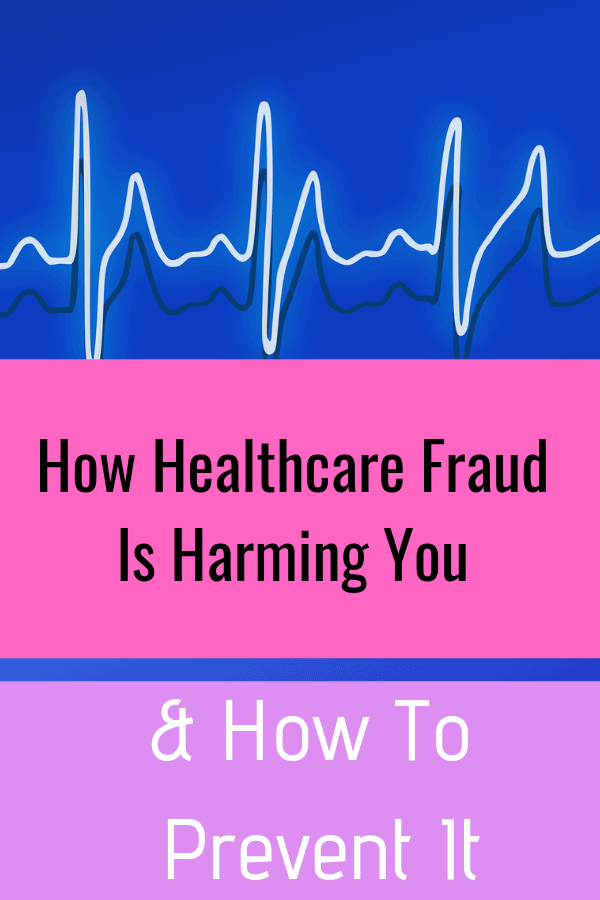- This post has been supplied by an outside source and I have received payment to publish it. I hope as always that you find it helpful.

Most people associate the healthcare sector with helping others get better. While this may be true for most healthcare providers, there are a few who are tarnishing the industry’s reputation by engaging in fraudulent activities. Several policies have been put in place to curb this vice; unfortunately, healthcare fraud seems to be spreading rapidly. The government has lost billions of dollars to this vice, and now it’s having devastating effects on the common citizen through higher healthcare premiums, a reduction of coverage, out-of-pocket expenses, and faulty medical care. We can all help prevent healthcare fraud by watching out for the most common types of schemes, which include:
Upcoding
This is when the medical provider bills for more expensive services or procedures or even more serious diagnosis than the one you received. For instance, if you have a CT scan, your provider bills a more expensive type of scan or additional tests. This information will become part of your medical records and you could end up receiving care that you don’t need. Be vigilant in checking your healthcare statement as false claims can also harm your insurance policy.
Performing Unnecessary Treatments or Procedures
This occurs when your medical provider performs medically unnecessary services in an effort to pad billing. Tests can go on for as long as patients are still able to make payments or still have coverage. Most of the overused tests, including X-rays and CT scans, are potentially harmful to the body. This form of fraud can affect you financially, emotionally, and physically. This scheme is mostly used on hypochondriac patients; plus, it’s often seen in diagnostic-testing schemes and surgeries.
Taking Money for Patient Referrals
The potential for corruption is great in the healthcare sector as it is in any other industry. Some practitioners and healthcare facilities refer patients to each other, in exchange for money. This prevents patients from receiving the best care. Plus, most of those referrals are for tests or services you probably don’t need. The real cost of medicare fraud here can be a bit hard to determine as the perpetrators often disguise payments in the form of gifts, trips, and so on.
Miscoding to Cover Uncovered Treatments
A provider will misrepresent non-covered treatments as covered ones, with the purpose of obtaining insurance payments. This happens a lot with cosmetic surgery schemes. For instance, nose jobs can be billed as deviated-septum repairs or patients having breathing problems. Also, doctors can provide experimental treatments and call it something else that’s covered by the insurance policy. Most hospital bills are covered by insurance companies; as such, most patients don’t question treatments so long as they regain their health as fast as possible. It’s important to understand the kind of treatment you are getting to avoid unknown side effects.
Purposely Misdiagnosing a Patient
Oftentimes a diagnosis is required before the insurance provider can pay for additional tests. Unscrupulous providers can falsify your diagnosis just to obtain payment for unnecessary procedures, tests, surgeries, or services. Unfortunately, the mentally disabled and the elderly are easy targets of such fraud scams, probably because they are less likely to question the doctor. If an erroneous diagnosis is recorded in your permanent health records, you might end up receiving inappropriate care, which can be fatal.



